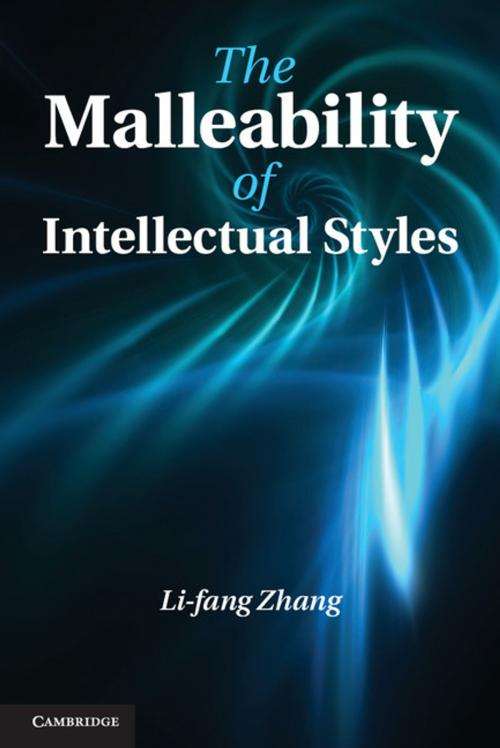The Malleability of Intellectual Styles
Nonfiction, Reference & Language, Education & Teaching, Educational Theory, Educational Psychology, Health & Well Being, Psychology| Author: | Li-fang Zhang | ISBN: | 9781107425828 |
| Publisher: | Cambridge University Press | Publication: | September 9, 2013 |
| Imprint: | Cambridge University Press | Language: | English |
| Author: | Li-fang Zhang |
| ISBN: | 9781107425828 |
| Publisher: | Cambridge University Press |
| Publication: | September 9, 2013 |
| Imprint: | Cambridge University Press |
| Language: | English |
Intellectual styles are individuals' preferred ways of using the abilities that they possess. The extent to which one can change his or her intellectual style is a question of interest to both researchers and the general public. This book presents the first comprehensive and systematic review of existing research on the malleability of intellectual styles. By critically analyzing research findings derived from both cross-sectional and longitudinal investigations performed over the past seven decades, Li-fang Zhang demonstrates that intellectual styles can be modified through both socialization and purposeful training. Professor Zhang elucidates the heuristic value of these findings for the development of adaptive intellectual styles in both academic and non-academic settings. She proposes further avenues of research that might advance scholarly understanding of the nature of and the potential for modifying intellectual styles.
Intellectual styles are individuals' preferred ways of using the abilities that they possess. The extent to which one can change his or her intellectual style is a question of interest to both researchers and the general public. This book presents the first comprehensive and systematic review of existing research on the malleability of intellectual styles. By critically analyzing research findings derived from both cross-sectional and longitudinal investigations performed over the past seven decades, Li-fang Zhang demonstrates that intellectual styles can be modified through both socialization and purposeful training. Professor Zhang elucidates the heuristic value of these findings for the development of adaptive intellectual styles in both academic and non-academic settings. She proposes further avenues of research that might advance scholarly understanding of the nature of and the potential for modifying intellectual styles.















